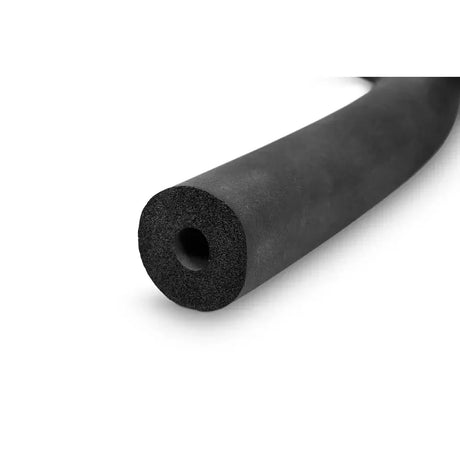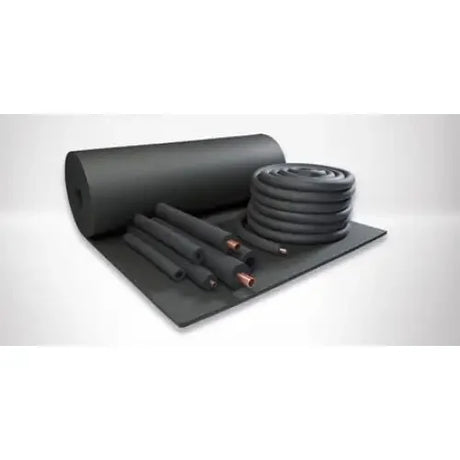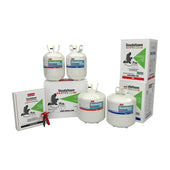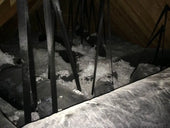| Section | Key Points |
|---|---|
| Introduction | - £1 billion government scheme to fund home insulation - Aims to help 300,000 households save on energy bills |
| What is GBIS? | - Provides funding for loft, cavity wall, etc insulation - Targets homes with poor insulation and EPC under D rating |
| Who Qualifies? | - Homeowners and tenants in England, Scotland, Wales - Homes in Council Tax bands A-D in England, A-E in Scotland/Wales - EPC rating of D or below |
| How it Works | - Apply through online eligibility checker - Energy supplier arranges free/subsidized installation - Professional installers do the work |
| Insulation Upgrades | - Loft, cavity wall, solid wall and other insulation - Expected savings £300-£400 per year |
| Benefits | - Lower bills - Warmer homes - Reduced emissions - Support for those in need - Free or subsidized installs - Professional installation |
| Timeline | - Announced September 2023 - Online applications open now - Installations over coming weeks/months - Aims to upgrade 300,000 homes |
| How to Apply | 1. Check eligibility 2. Get approval 3. Home survey 4. Install insulation 5. Start saving! |
The UK government has launched a new £1 billion scheme to help households install insulation in order to reduce energy bills. Called the Great British Insulation Scheme (GBIS), it aims to help over 300,000 homes save hundreds of pounds per year on their energy bills through installing loft, cavity wall and other insulation.
What is the Great British Insulation Scheme?
The Great British Insulation Scheme is a government initiative announced on September 14, 2023 to provide funding for insulation upgrades in homes across England, Scotland and Wales.
The goal is to help lower income households cut their energy bills by installing insulation, which improves the energy efficiency of their homes. It is targeted at homes with poor insulation and an EPC rating of D or below.
The scheme has £1 billion in funding to provide free or subsidized insulation upgrades like:
- Loft insulation
- Cavity wall insulation
- Solid wall insulation (internal or external)
- Underfloor insulation
- Roof insulation (flat or pitched)
On average, households receiving insulation under the scheme are expected to save between £300 to £400 per year on their energy bills.
Who Qualifies for the Insulation Scheme?

The insulation scheme is aimed at lower income households living in homes with poor energy efficiency ratings.
Specifically, it is available to homeowners and tenants (private or social housing) with homes in Council Tax bands A-D in England, or bands A-E in Scotland and Wales.
In addition, eligible homes must have an EPC energy efficiency rating of D or below. You can check your home's EPC rating here.
So in summary, to qualify your home must:
- Be in a low Council Tax band
- Have an EPC rating of D or below
- Be located in England, Scotland or Wales
Both homeowners and tenants can apply, but tenants will need permission from their landlord before any work can be done.
How Does the Insulation Scheme Work?
Eligible households can check if they qualify and apply through a new online eligibility checker launched by the government.
The checker will ask for:
- Household income
- Benefits received
- Contact details
- Property and insulation details
Once submitted, applicants who qualify will be contacted by their energy supplier to arrange a home insulation survey and installation.
The government is funding energy suppliers to provide and install the insulation upgrades free of charge or at a subsidized rate.
Installation work will be done by professional installers arranged by the energy suppliers. No upfront payment is required by households, as the government funding covers all or most of the cost.
What Home Insulation Can You Get?
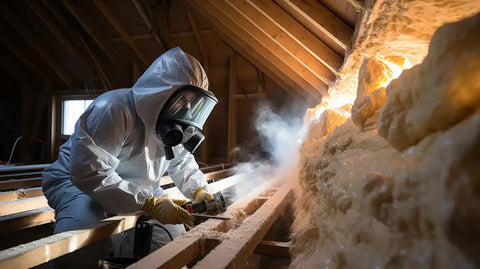
The Great British Insulation Scheme offers a range of professionally installed insulation upgrades including:
Loft insulation
Installing loft insulation, or topping up existing loft insulation, reduces heat loss through the roof. Savings of £100-£300 per year are possible.
Cavity wall insulation
Filling cavity walls with insulating material reduces heat passing through the walls, saving £100-£300 annually.
Solid wall insulation
For homes with solid walls, internal or external wall insulation can be applied, potentially saving £300-£600 per year.
Underfloor and roof insulation
Insulating between floors and under the roof helps contain heat in the living spaces, providing savings up to £100-£200 per year
The type of insulation best suited to your home will be assessed during the installer's site survey visit.
Benefits of the Insulation Scheme
The key benefits of the Great British Insulation Scheme include:
-
Lower energy bills - households can save £300-£400 per year on average.
-
Warmer homes - insulation makes homes more comfortable by reducing draughts and retaining heat.
-
Reduced carbon emissions - insulation means less energy is wasted heating homes, cutting carbon footprints.
-
Support for those in need - the scheme targets less affluent households living in energy inefficient homes.
-
Free or subsidized installations - little or no upfront cost to households thanks to government funding.
-
Professional installers - the work will be done by professional insulation companies arranged by energy suppliers.
Timeline for the Insulation Scheme

The Great British Insulation Scheme was announced on September 14, 2023.
The online eligibility checker is now open for applications from qualifying homeowners and tenants.
Once approved, homes can expect to have insulation installed over the coming weeks and months. It may take some time for all applicants to have installations done given the large scale of the scheme.
The government expects the funding to support insulation upgrades in over 300,000 homes over the next year.
How to Apply for an Insulation Upgrade
Here are the steps to take if you think your home may qualify:
-
Check if you are eligible - Use the GBIS online checker and input your details to see if you qualify.
-
Receive approval - If eligible, you will be contacted by your energy supplier to arrange an insulation survey and installation.
-
Get a home survey - An installer will visit to survey your home and advise the best insulation solutions.
-
Install insulation - A time will be scheduled to fit your loft, cavity wall or other insulation.
-
Save money - Start benefiting from lower energy bills thanks to your new insulation!
Homeowners must own the home to apply. Tenants need permission from their landlord before insulation can be installed.
The scheme provides a great opportunity for eligible households to improve energy efficiency and make significant savings. Act now to take advantage of this generous funding for home insulation.
Frequently Asked Questions
1. What is the Great British Insulation Scheme?
The Great British Insulation Scheme is a £1 billion government initiative to provide funding for home insulation upgrades to help households save on energy bills.
2. When was the insulation scheme announced?
The scheme was announced by the UK government on September 14, 2023.
3. How does the insulation scheme work?
Eligible households can apply through an online checker. If approved, your energy supplier will arrange for professional installers to install loft, cavity wall or other insulation in your home free or at a subsidized rate.
4. Who qualifies for the insulation scheme?
Homeowners and tenants in England, Scotland and Wales whose homes have an EPC rating below D and are in Council Tax bands A-D in England or A-E in Scotland/Wales.
5. What insulation upgrades can I get?
The scheme offers loft insulation, cavity wall insulation, solid wall insulation, underfloor insulation, roof insulation and more based on your home's needs.
6. How much could I save on my energy bills?
Households receiving insulation under the scheme are expected to save between £300 to £400 per year on average.
7. Do I need to pay anything for the insulation?
No upfront payment is required. The government funding covers all or most of the insulation cost.
8. When will the insulation be installed?
Once approved, suppliers will contact you to schedule the insulation installation, which is expected to be done over the coming weeks and months.
9. Can I apply for the scheme if I'm a tenant?
Yes, tenants can apply but will need permission from their landlord before any work can proceed.
10. How do I apply for the insulation scheme?
Check your eligibility at gov.uk and if approved, your supplier will be in touch to arrange installation.


